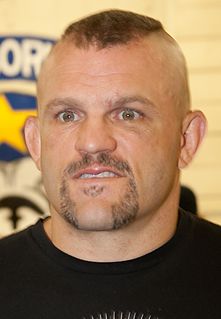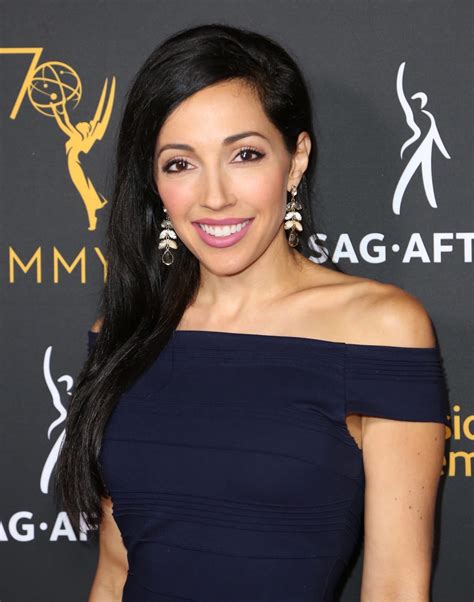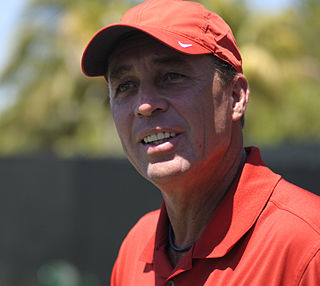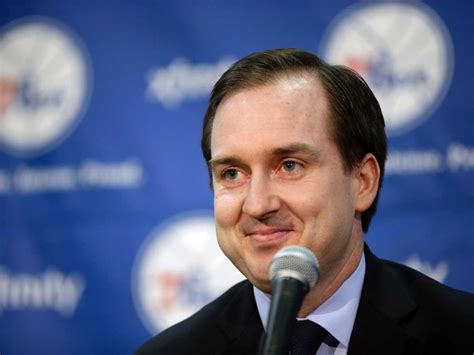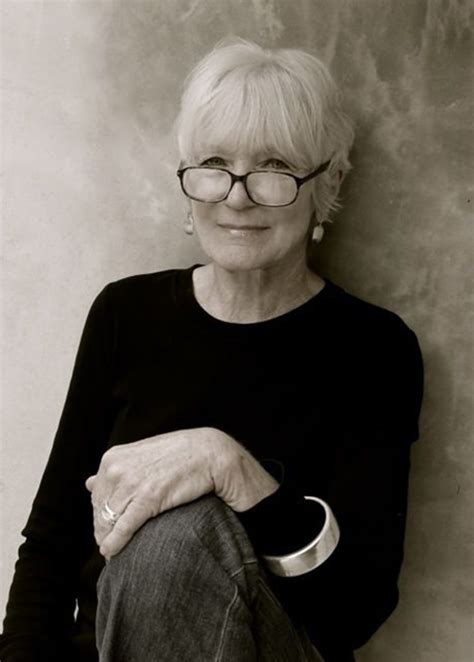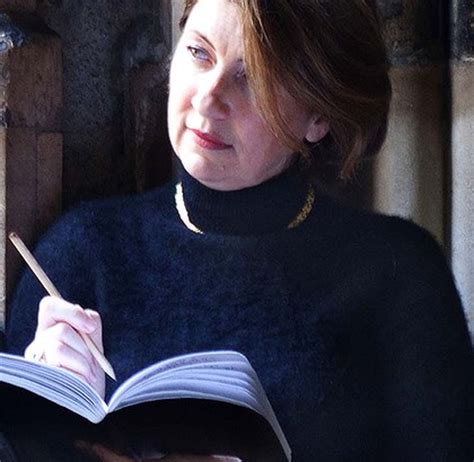A Quote by Finn Wittrock
In film, you're so much in the hands and at the mercy of the editor, so sometimes it's good to watch it just to see how it turns out - it can be so different than how you imagined it. But sometimes it's better to just let it go for your own sense of self worth.
Related Quotes
You do a film and you have hopes for it, and you read it, and you see it one way in your head, and you shoot it, and it'll always change from what you started out. Sometimes it turns out better, sometimes it turns out; I don't know, but as movies go I've never experienced seeing and likening what I've read, and I liked what I read.
I think sometimes it's about just finding the measuring stick that's different than the one the world puts on you. It's finding the one in which you're held accountable and how you hold each other accountable; what a good job looks like in a particular situation and how to be better at your job than you were yesterday.
I have a great editor and I enjoy, in a masochistic way, being ruthless about my own performance. How do I know, but I think I'm quite good at saying, "That's no good. That's no good. That's it. That's it. That's good." And I'm with the editor who goes, "No, I think you're wrong. That's not your best." There's an initial point in the editing, if you're directing yourself, especially in my case, where you go, "Ouch, ouch, ouch, I can't watch this." And then, there's a point where you become hard-nosed and just take your neurosis away and go, "What's working? That's okay. That's okay. We can lose that, and lose that." You get objective about it.
On stage you never watch yourself. You just experience it, and then you go home, and you feel pretty good if you gave a pretty good performance or crappy if you didn't. But in TV and film, you actually have to experience it while you're doing it, and then you have to watch it. And then when you're watching it, you watch it with a different sensibility than how you experienced it.
OCD, we discovered is a lot of different things-it's not just washing your hands, it's whatever you're obsessed with. It can be just the way you hold a pen, and you always have to have it a certain way or you have to eat your food, it depends. It's something that, as a character I thought was really interesting because sometimes it's used in a film where it is OCD and sometimes it's strategic.
How much courage does it take to fire up your tractor and plow under a crop you spent six or seven years growing? How much courage to go on and do that after you've spent all that time finding out how to prepare the soil and when to plant and how much to water and when to reap? How much to just say, "I have to quit these peas. Peas are no good for me, I better try corn or beans.
Sometimes to write you need to do more than just appear at your desk-you need to take care of the part of you that dreams and imagines and creates. Reading can usually do this for writers, but sometimes you also need to watch films, listen to music, go to an art museum, or see a play. Or just sit outside and soak up the sky.


